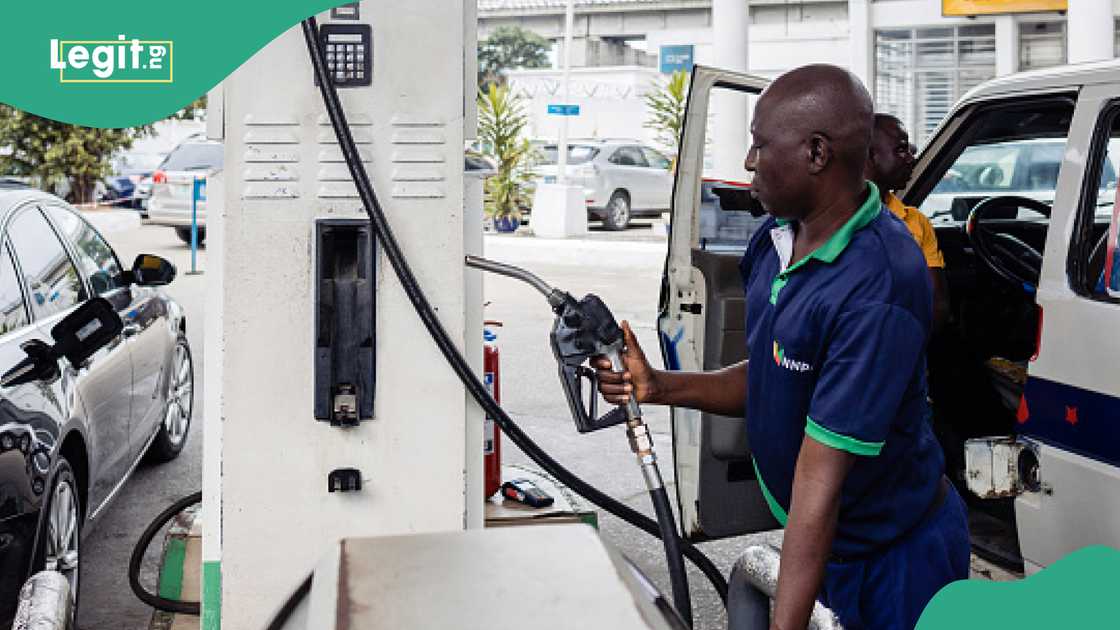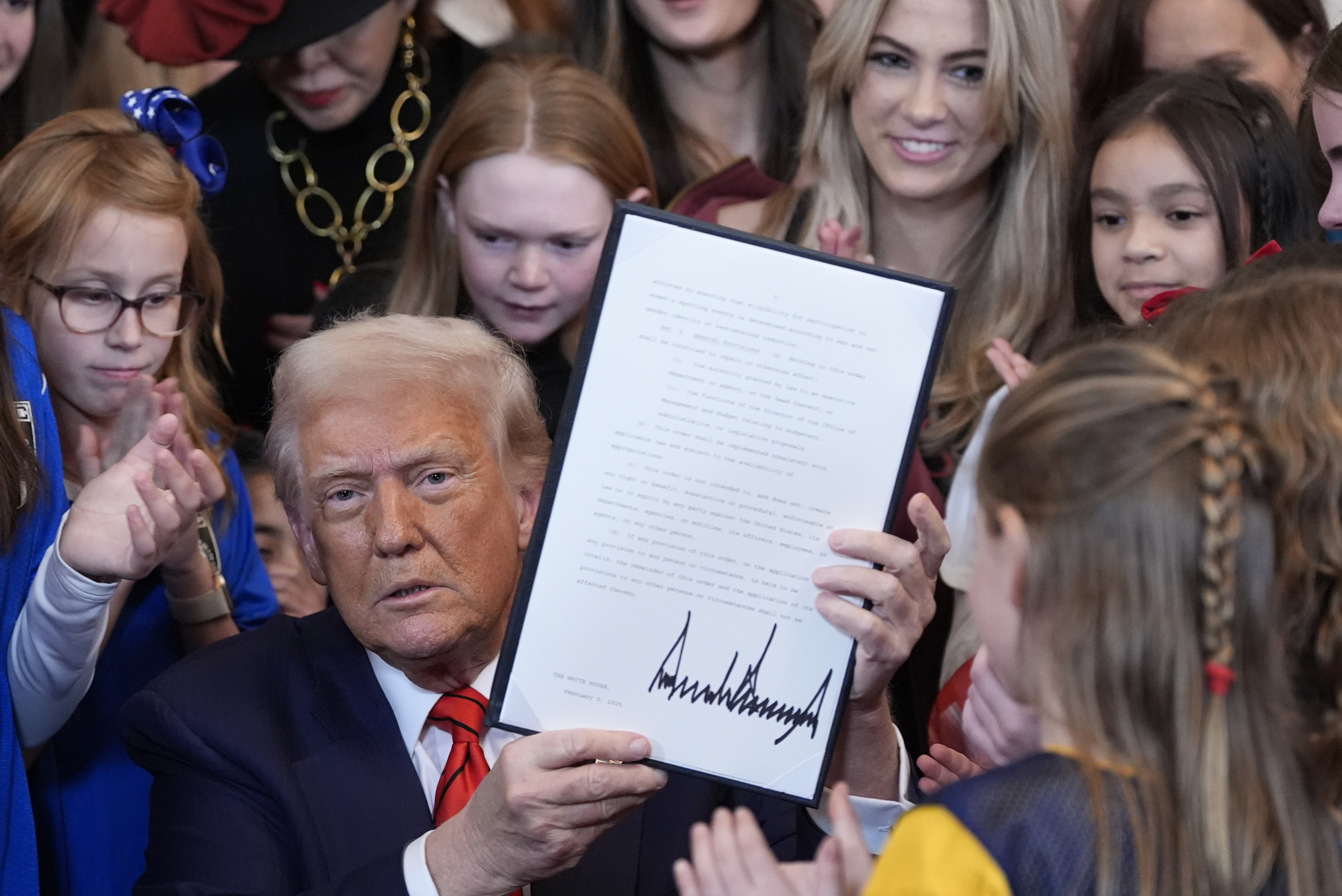NNPC And Dangote: Analyzing The Dynamics Of Nigeria's Fuel Market

Table of Contents
NNPC's Role in Nigeria's Fuel Market
The NNPC has historically held a monopoly-like grip on Nigeria's fuel market. As a state-owned enterprise, it has been the primary importer of refined petroleum products for decades. This dominance has been significantly influenced by the implementation of fuel subsidies, a policy designed to keep fuel prices artificially low for consumers. However, these subsidies have placed a substantial burden on the national budget, often leading to fiscal challenges.
- NNPC's Downstream Operations: NNPC's downstream operations, including the distribution and retail of petroleum products, have faced criticism for inefficiencies and a lack of transparency.
- Government Plans for NNPC: The Nigerian government has explored various strategies for reforming the NNPC, including privatization or restructuring, aiming to improve efficiency and attract private investment.
- NNPC's Investment in Refining: NNPC's investment in refining capacity has been inconsistent, resulting in heavy reliance on imported refined products, making the nation vulnerable to global price fluctuations.
The NNPC's market share remains significant, but its future role in a deregulated market is uncertain. Challenges such as operational inefficiencies, allegations of corruption, and the need for modernization continue to hamper its performance. The government's commitment to deregulation will directly impact NNPC’s future influence on fuel prices and overall market control.
Dangote Refinery's Disruptive Potential
The Dangote Refinery, a massive private sector investment, represents a potential game-changer for Nigeria's fuel market. With its enormous refining capacity—capable of processing 650,000 barrels of crude oil per day—it promises to significantly alter the landscape. This could revolutionize petroleum product supply within Nigeria and reduce the country's dependence on imports.
- Impact on Fuel Prices: The increased local refining capacity is expected to lead to more competitive fuel pricing and potentially lower costs for consumers.
- Stimulating Competition: The Dangote Refinery's presence is anticipated to stimulate competition, improve efficiency, and encourage innovation throughout the downstream sector.
- Integration within the Dangote Group: The refinery’s integration with the wider Dangote Group's business empire provides a significant advantage in terms of logistics, distribution, and marketing.
However, challenges remain. Logistical hurdles, infrastructural limitations, and the need for efficient product distribution networks are crucial factors that will determine the refinery’s overall success. A detailed analysis of operational costs and projected profitability is vital to assess its long-term impact on the Nigerian economy. Dangote's plans for product distribution and marketing will play a key role in the refinery's success in reaching consumers across the nation. The potential for job creation and overall economic growth spurred by this massive project is considerable.
The Dynamics of Competition and Deregulation
The deregulation of Nigeria's fuel market is an ongoing process with significant implications. The current state of deregulation is partial, with some aspects of the market still under government control. However, the increasing participation of private players, like the Dangote Group, signifies a shift towards a more liberalized environment.
- Impact on Fuel Prices for Consumers: Increased competition resulting from deregulation is expected to exert downward pressure on fuel prices, benefiting consumers.
- Role of Independent Marketers: The emergence of independent petroleum marketers will add another layer to the competitive landscape, fostering innovation and improved service delivery.
- Government Policies Supporting Private Investment: Government policies are increasingly focused on attracting private sector investment in the oil and gas industry to boost economic growth.
A fully deregulated market presents both benefits and challenges. While it promises greater efficiency and lower prices, it also poses the risk of price volatility. A comparison with other deregulated fuel markets in Africa, along with the implementation of effective consumer protection measures, will be crucial for successful and sustainable deregulation.
Conclusion
The NNPC and Dangote are pivotal players in shaping Nigeria's fuel market. Dangote Refinery’s arrival marks a potential turning point, introducing increased competition and the possibility of lower prices. The successful implementation of deregulation rests on effective government policies that foster private sector growth while safeguarding consumer interests. Further research into the impact of these changes is essential for a deeper understanding of Nigeria's evolving energy landscape. To stay abreast of the evolving dynamics, continue monitoring industry news and analyses. Understanding the complex interplay between the NNPC and Dangote's influence on Nigeria's fuel market is crucial for anyone interested in Nigeria's economic trajectory and energy security. Continued research into the NNPC and Dangote’s impact on the Nigerian fuel market is highly encouraged.

Featured Posts
-
 Emmerdales Amy Walsh Supports Wynne Evans After Strictly Controversy
May 10, 2025
Emmerdales Amy Walsh Supports Wynne Evans After Strictly Controversy
May 10, 2025 -
 Ihsaa Bans Transgender Athletes Impact Of Trumps Order On Girls Sports
May 10, 2025
Ihsaa Bans Transgender Athletes Impact Of Trumps Order On Girls Sports
May 10, 2025 -
 Celebrity Antiques Road Trip A Guide To The Show And Its Treasures
May 10, 2025
Celebrity Antiques Road Trip A Guide To The Show And Its Treasures
May 10, 2025 -
 Chuyen Gioi Thanh Cong Can Canh Nhan Sac Thang Hang Cua Lynk Lee Va Su Ung Ho Cua Ban Trai
May 10, 2025
Chuyen Gioi Thanh Cong Can Canh Nhan Sac Thang Hang Cua Lynk Lee Va Su Ung Ho Cua Ban Trai
May 10, 2025 -
 Beyond Epstein Examining The Us Attorney Generals Frequent Fox News Interviews
May 10, 2025
Beyond Epstein Examining The Us Attorney Generals Frequent Fox News Interviews
May 10, 2025
